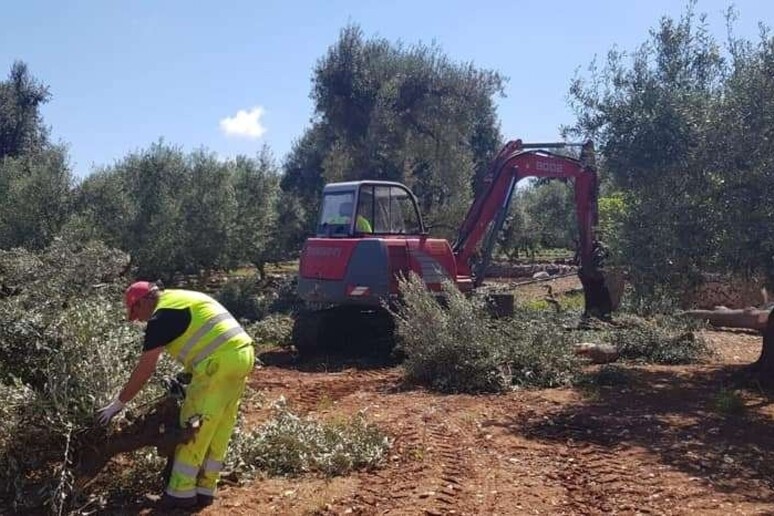The strain of the Xylella
fastidiosa plant pathogen found in mainland Spain does not kill
olive trees, studies have confirmed.
Research discussed during the final conference of the XF-ACTORS
Project showed that the variant that severely damaged almond
trees in the Alicante province of Eastern Spain is not dangerous
for olive trees.
XF-ACTORS is the first EU-funded research project entirely
devoted to Xylella fastidiosa.
The Xylella fastidiosa pauca subspecies detected in Puglia "is
the most dangerous" among those found in Europe, in particular
for olive trees, said Brazilian expert Helvecio Della
Coletta-Filho.
Laboratory data discussed at the conference confirmed that the
Puglia variant, called De Donno is more effective than others in
clogging the vessels that carry raw sap from the roots to the
leaves, causing the desiccation of infected olive plants.
ALL RIGHTS RESERVED © Copyright ANSA











